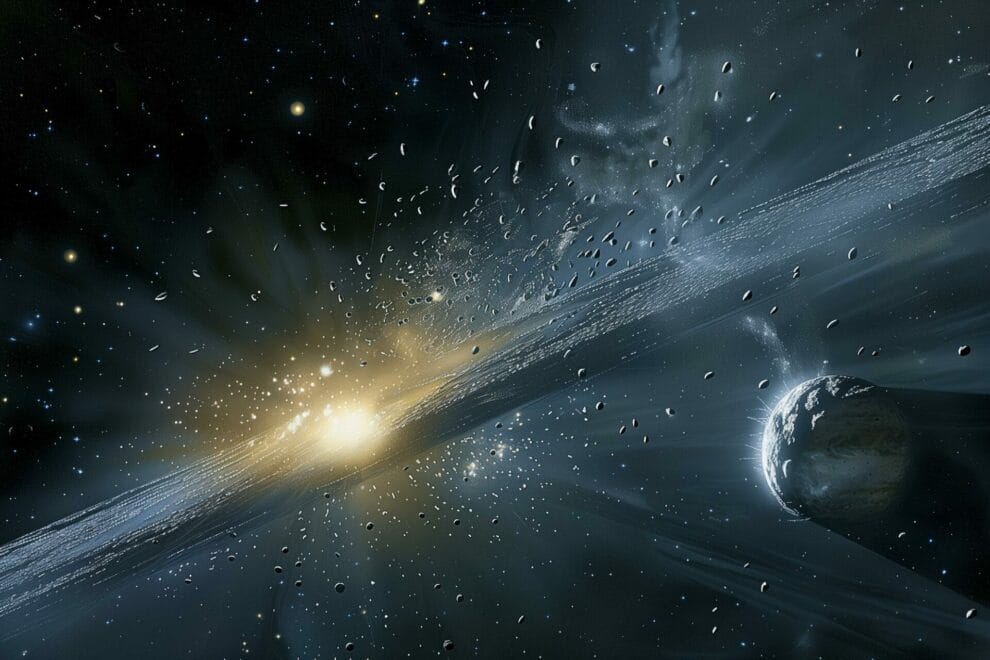When you get out past the planets of our solar system and keep going, you will eventually enter the Kuiper belt, which has long been seen as the outer edge of the solar system.
After observing this area with the Subaru Telescope for over a decade, scientists believe that there may be additional objects out there orbiting our sun.
This is what is being proposed in a set of two new papers that will soon be published in the Planetary Science Journal.

Fumi Yoshida, a planetary scientist from Japan’s University of Occupational and Environmental Health Sciences, and one of the co-authors of the study, commented in a statement:
“If this is confirmed, it would be a major discovery. The primordial solar nebula was much larger than previously thought, and this may have implications for studying the planet formation process in our Solar System.”
This new area of space is approximately 70 to 90 astronomical units away from the sun (an astronomical unit being the distance between the sun and the Earth).
The researchers found 11 objects in this area of space. They are traveling in a heliocentric orbit, indicating that they are indeed part of our solar system and not just objects that are passing by and happened to be seen by the scientists.
A lead-author of the study, Wes Fraser, commented:
“Our Solar System’s Kuiper Belt long appeared to be very small in comparison with many other planetary systems, but our results suggest that idea might just have arisen due to an observational bias. So maybe, if this result is confirmed, our Kuiper Belt isn’t all that small and unusual after all compared to those around other stars.”

Learning that our solar system is much more like the many other solar systems that have been observed is an important find. The less unique our solar system is, the more likely it is that life evolved in other systems.
Additional research is needed, but the findings indicate that our solar system is indeed bigger than we thought.
Imagine if this leads to finding life outside our solar system.










